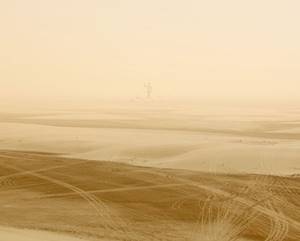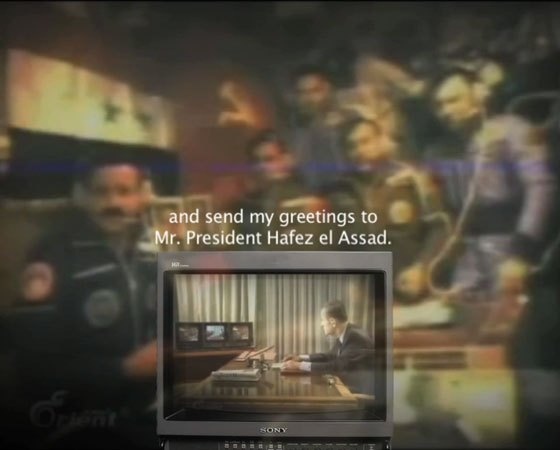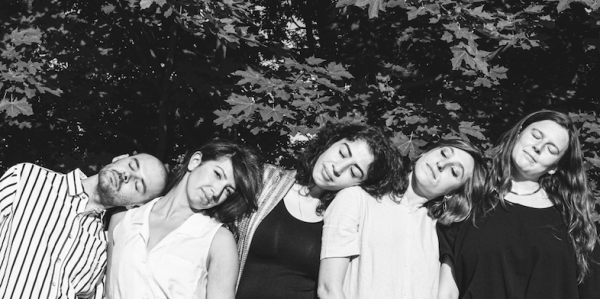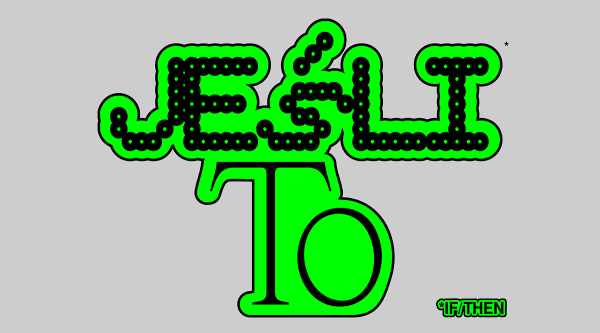Ali Cherri
Pipe Dreams
In a historic phone call between the late President Hafez al-Assad and Syrian astronaut Mohammad Faris, we witness the ‘father of the nation’ questioning the ‘hero’ about his impressions as he looks down on the Syrian lands. A conversation that features the eternal leader, who, from the comforts of his office, casts a watchful eye on the children of the nation, even as they are thousands of miles away, up in space.
This is the end of 1980s, when the young revolutionaries of the recent past, from Libya (Muammar Al-Gaddafi), Iraq (Saddam Hussein), Egypt (Hosni Mubarak) and Syria (Hafez al-Assad) had made their grabs for power and asserted themselves as the sole and eternal leaders of their countries. Countries where power is fed by symbols: by statues of the founding father, larger-than-life photos, the leader’s orations and, of course, heroes.
This archive footage holds a great intensity due to the current political context of Syria and the Middle East region. It’s a glorious moment for the Arab nation, that, not long ago, was charmed by the glory of the communist space race.
Twenty-five years later, at the beginning of the upheavals in Syria, in 2011, the authorities, fearing vandalism, dismantled the statues of Hafez al-Assad in the protesting towns. When power begins to lose its Monuments, it is the beginning of the end; the countdown has started and "lift-off" is imminent. Haunted by the image of destroyed statues, from Stalin to Saddam Hussein, the regime tried to avoid the inevitable, to sacrifice the Symbol in order to safeguard the Image.
This interface between two moments in recent Syrian history encapsulates the history of the entire region: the mechanisms of the construction and deconstruction of totalitarian power, the dreams and disillusions of an entire people.
By taking this perspective on the events that are currently shaking up the region, Pipe Dreams seeks to bring the poetic dimension into the political one. It is art’s ceaseless attempt to place the personal narrative into the larger one of political history.
VIDEO ROOM is a new long term project of the Ujazdowski Castle Centre for Contemporary Art which provides to the audience the best and newest creations of video art. Every third Tuesday in one of the halls of the Ujazdowski Castle, the visitors will be able to view the works of renowned Polish and international video artists.




